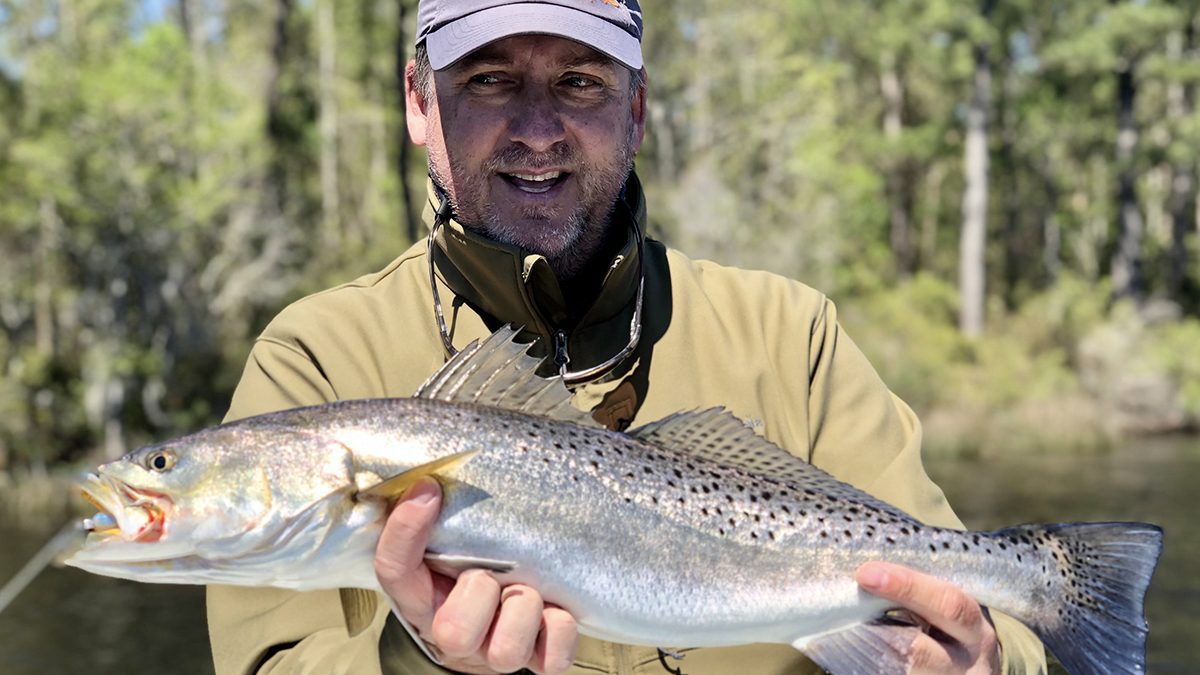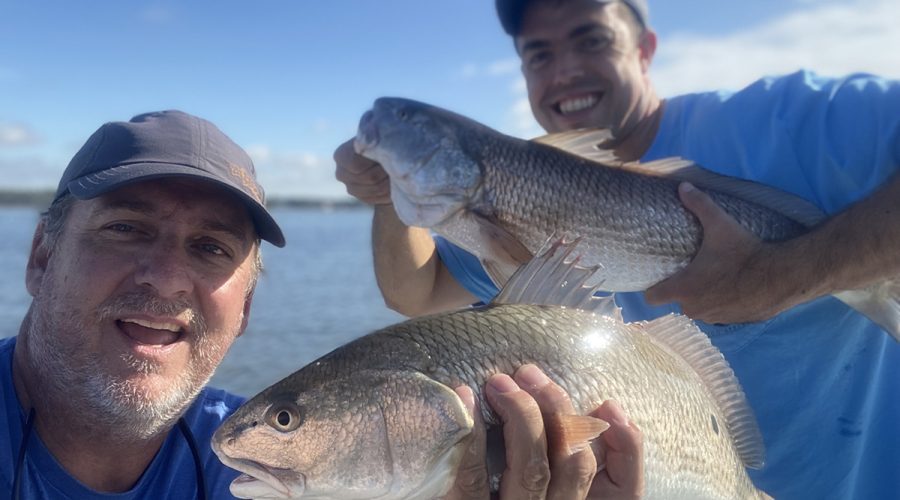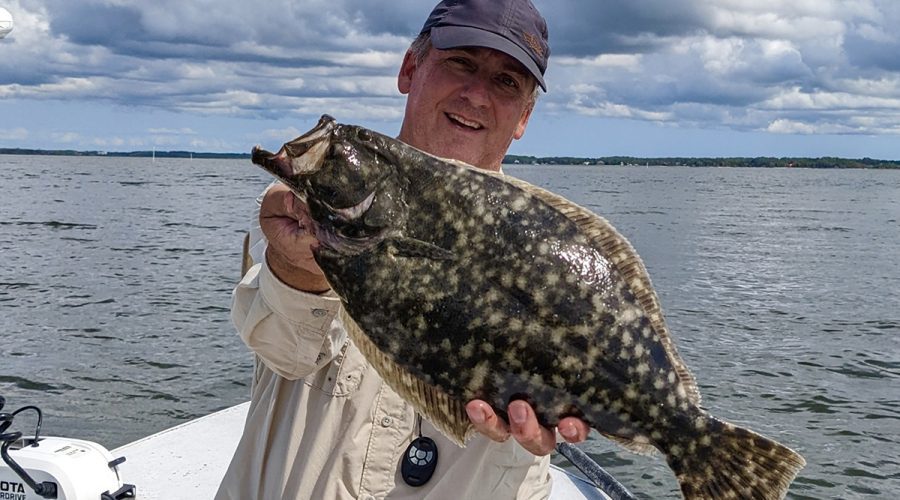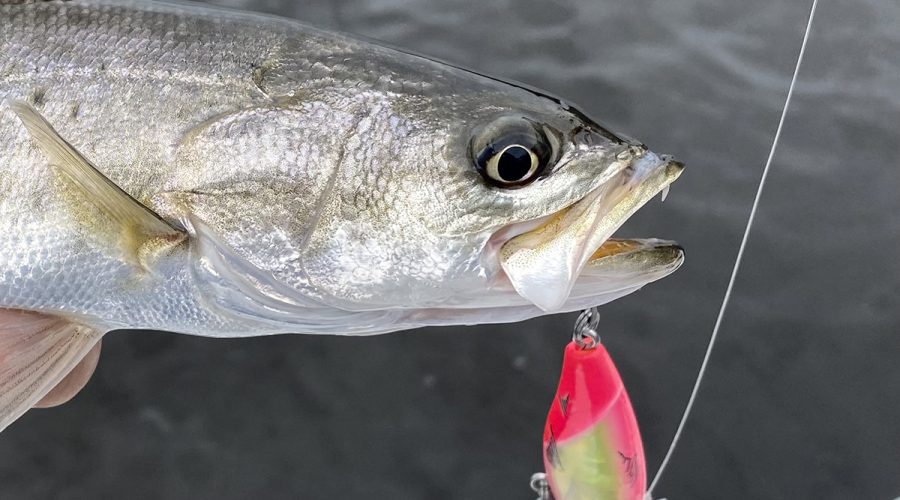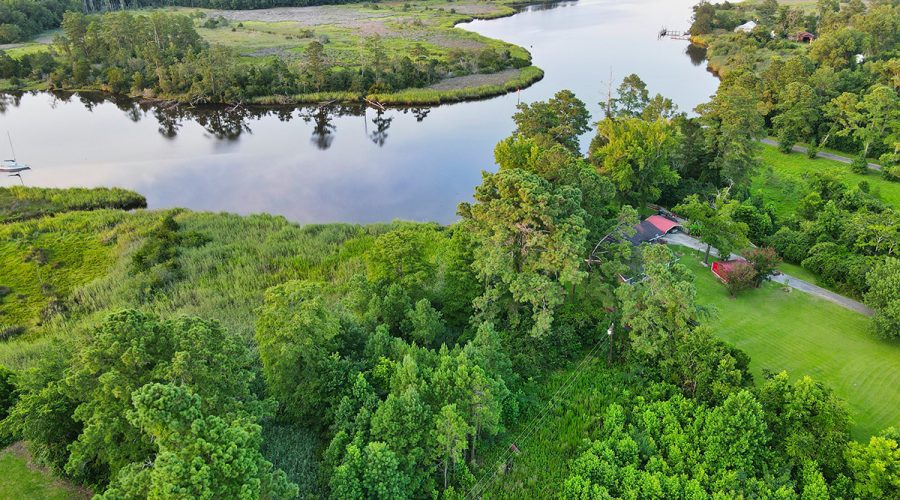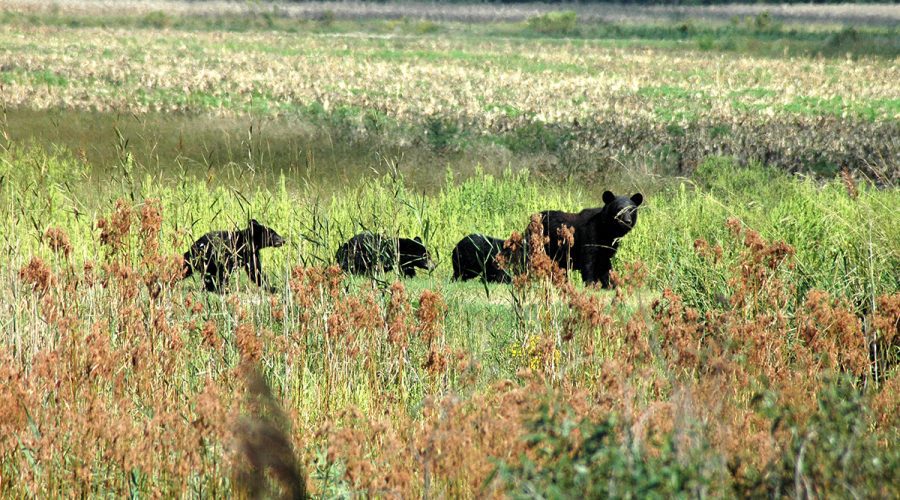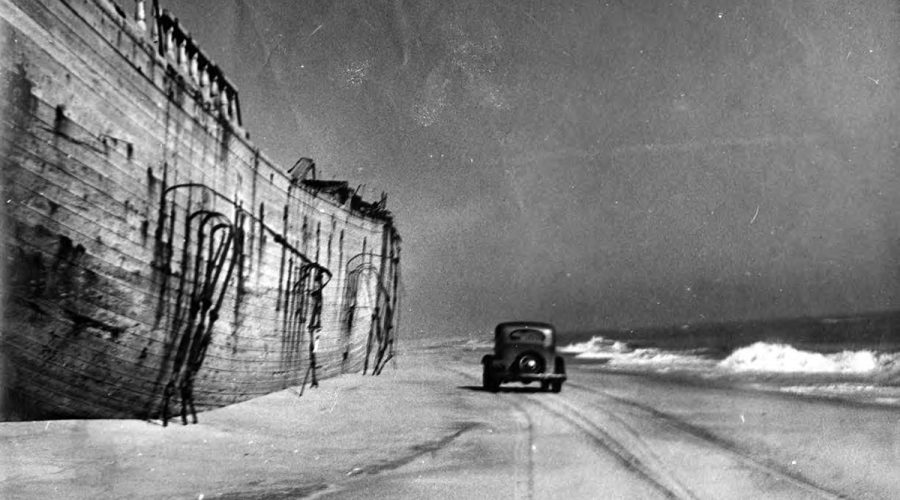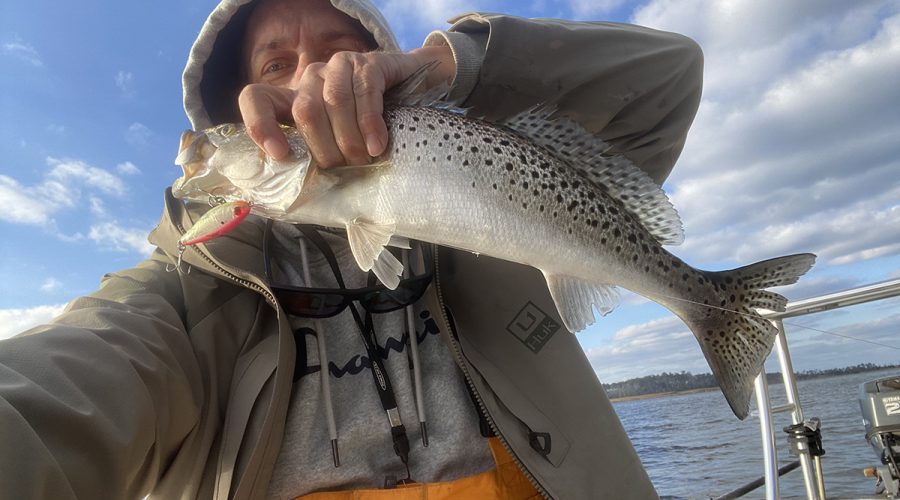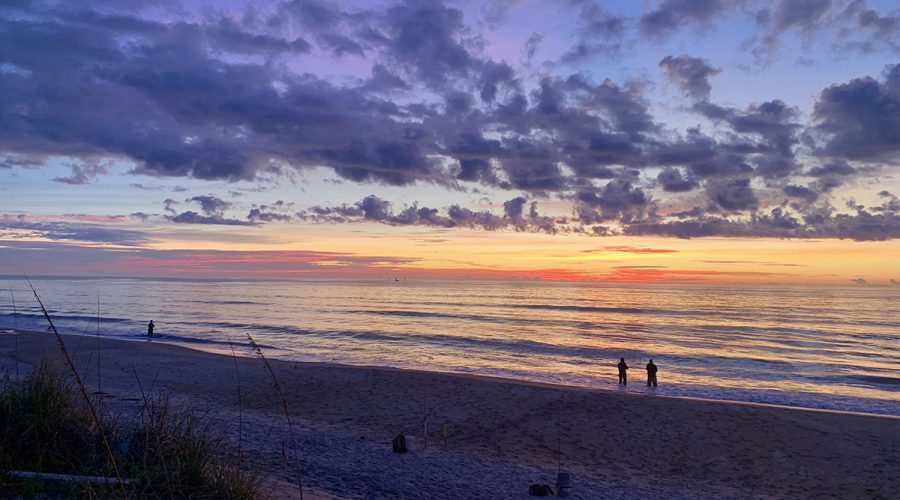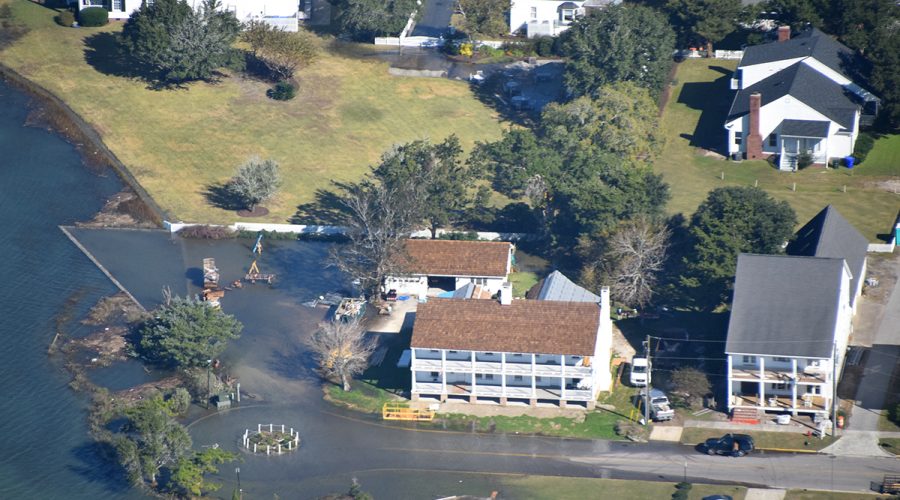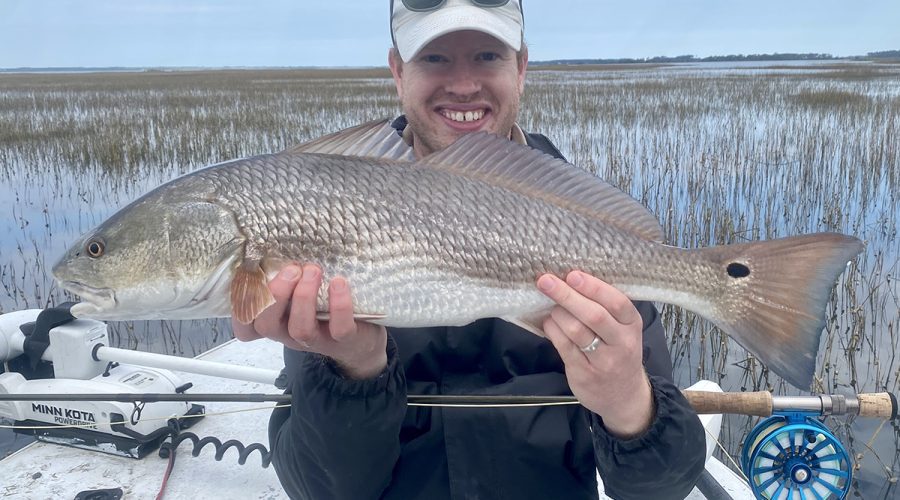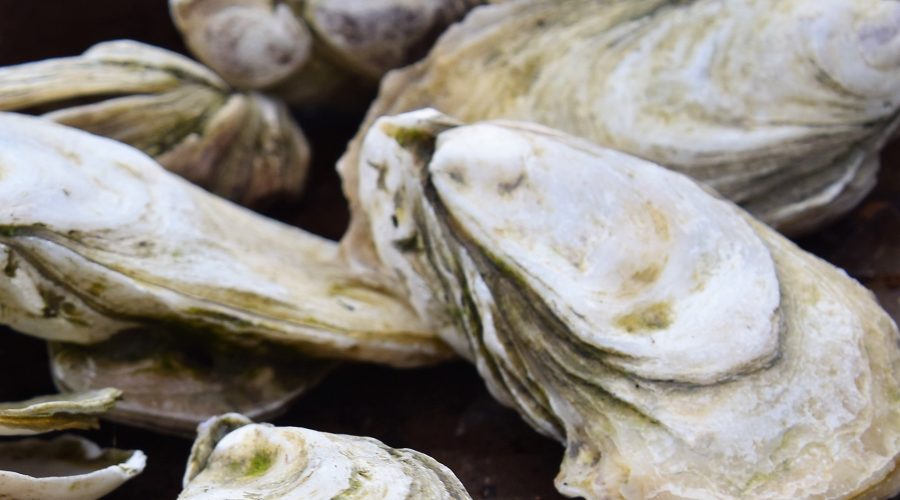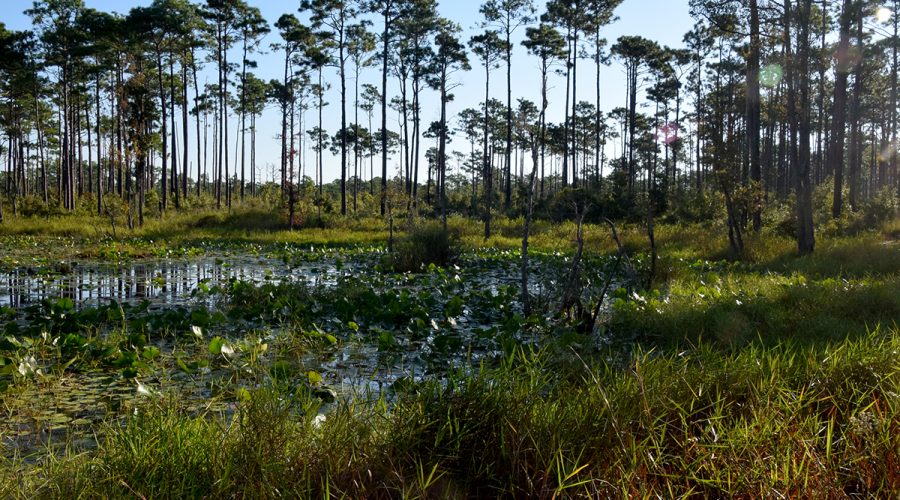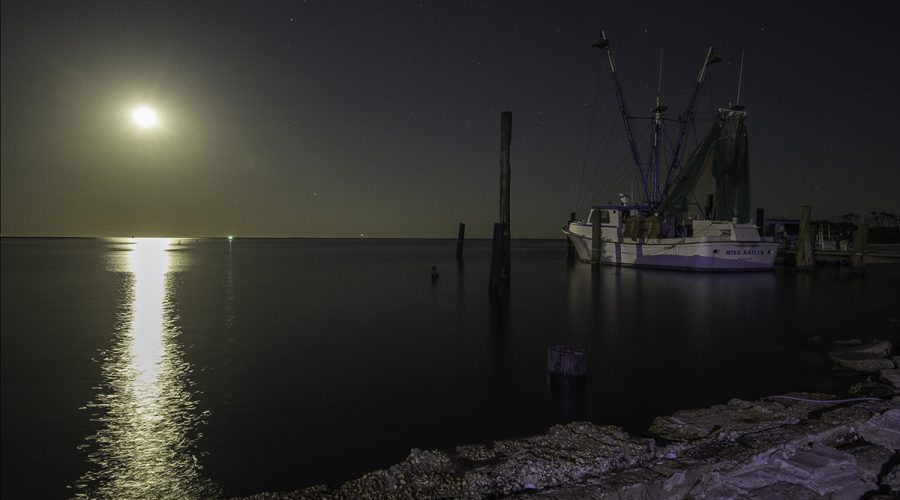No matter the variety — and there could be any number of choices — jigs are nearly universally guaranteed to improve an angler’s odds.
Commentary
How to hook up: Pink crustacean … sans white sport coat
Second in a series on bait selection: For fishing success, mullet is not the only live bait option — crabs and shrimp are a huge part of the diet of the fish we pursue.
To reel in ‘glamour’ species, first try catching what they eat
It doesn’t just look, smell and move like the real thing, it actually is the real thing.
Get to know the most popular lures, how to use them
Capt. Gordon shares his insight on popular plugs used for inshore fishing on the North Carolina coast and how to successfully fish them.
State’s Flood Resiliency Blueprint a necessary new approach
Commentary: Building flood resilience across the state saves $6 for every $1 spent before disaster strikes, and a new tool developed in collaboration with numerous stakeholders can help local leaders determine where to invest.
Where war looks lost, Mother Nature fights climate change
Alligator River National Wildlife Refuge and other, nearby refuges and state lands especially vulnerable to climate change are getting $27.5 million from the Inflation Reduction Act for nature-based solutions.
Excerpt: Conflict Over Water Access from ‘Time And Tide’
Outer Banks resident and author Tim Hatcher examines the long history of conflicts over water access on the North Carolina coast in this selected chapter from his 2023 book, “Time and Tide: The Vanishing Culture of the North Carolina Coast.”
Winter fishing comes with perils, discomfort, big rewards
Capt. Gordon doesn’t like winter any more than anyone, but he has tips for boating the big ones that don’t seem to mind the cold.
Speckled trout surf fishing success starts before dawn
Get rigged and ready, because the best time to be fishing the beach for fall-run speckled trout is before the sun rises.
Three-hundred-year-old Beaufort faces existential threat
Guest commentary: Duke University senior Holden Buchanan examines Beaufort’s duality as a coastal science hub and example of climate vulnerability.
Fall fishing — sweater weather — the best time to get back
Autumn is the best for dramatic and rewarding fishing adventures, and Capt. Gordon returns to share his tips for success on the water.
Oyster grower employs new tool to better meet demand
From our publisher: Katherine McGlade of Slash Creek Oysters is testing a new system called FlipFarm to help scale up her business.
A special time to remember the 1896 E.S. Newman rescue
The Miami-based Coast Guard Cutter Richard Etheridge is named for the first African American to command a Life Saving Station, one known for the Oct. 11, 1896, rescue of all onboard the shipwrecked schooner.
October is NC Oyster Month: Celebrate a coastal treasure
More than a mere seafood delicacy, oysters are key to the coastal environment, and North Carolina Oyster Month includes festivities and events that spotlight their importance to the entire state.
Five years after Florence: A look back at resilience efforts
Guest commentary: The effects of Hurricane Florence in 2018 linger today, and though progress toward resilience has been made, the recent loss of wetland protections will come to bear after future storms.
Attention NC seafood consumers: Consider the source
Proposed legislation, lawsuits, petitions, and other drastic efforts have been attempted that would deny coastal North Carolinians access to local seafood.

